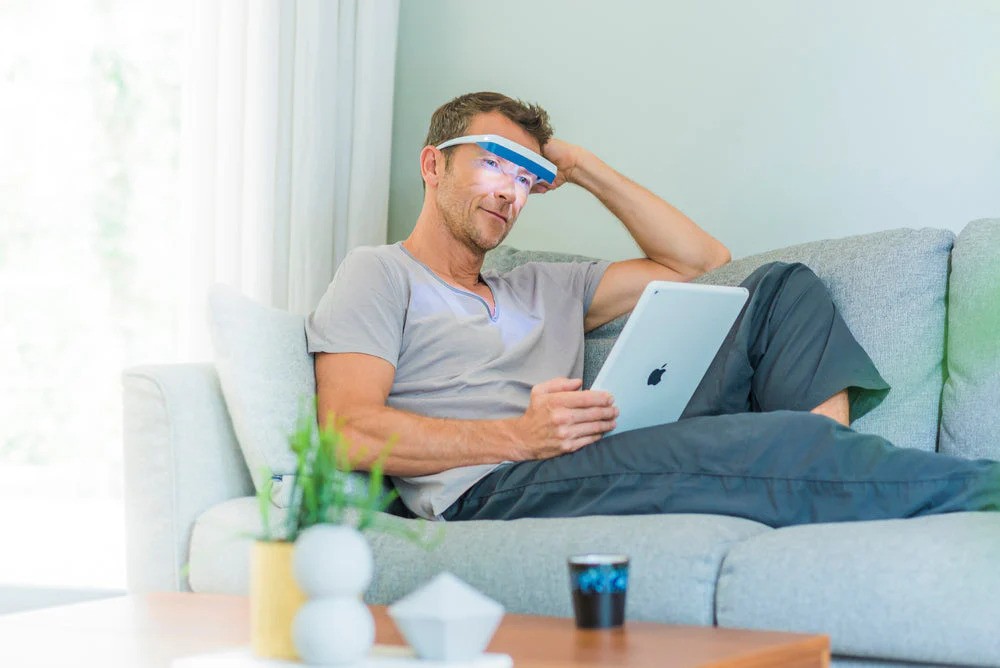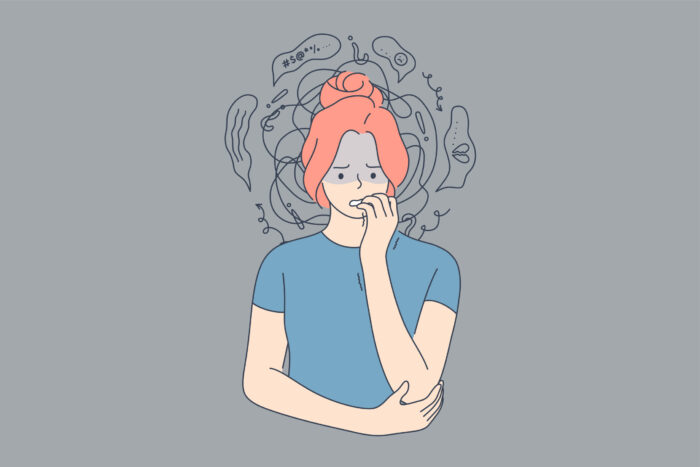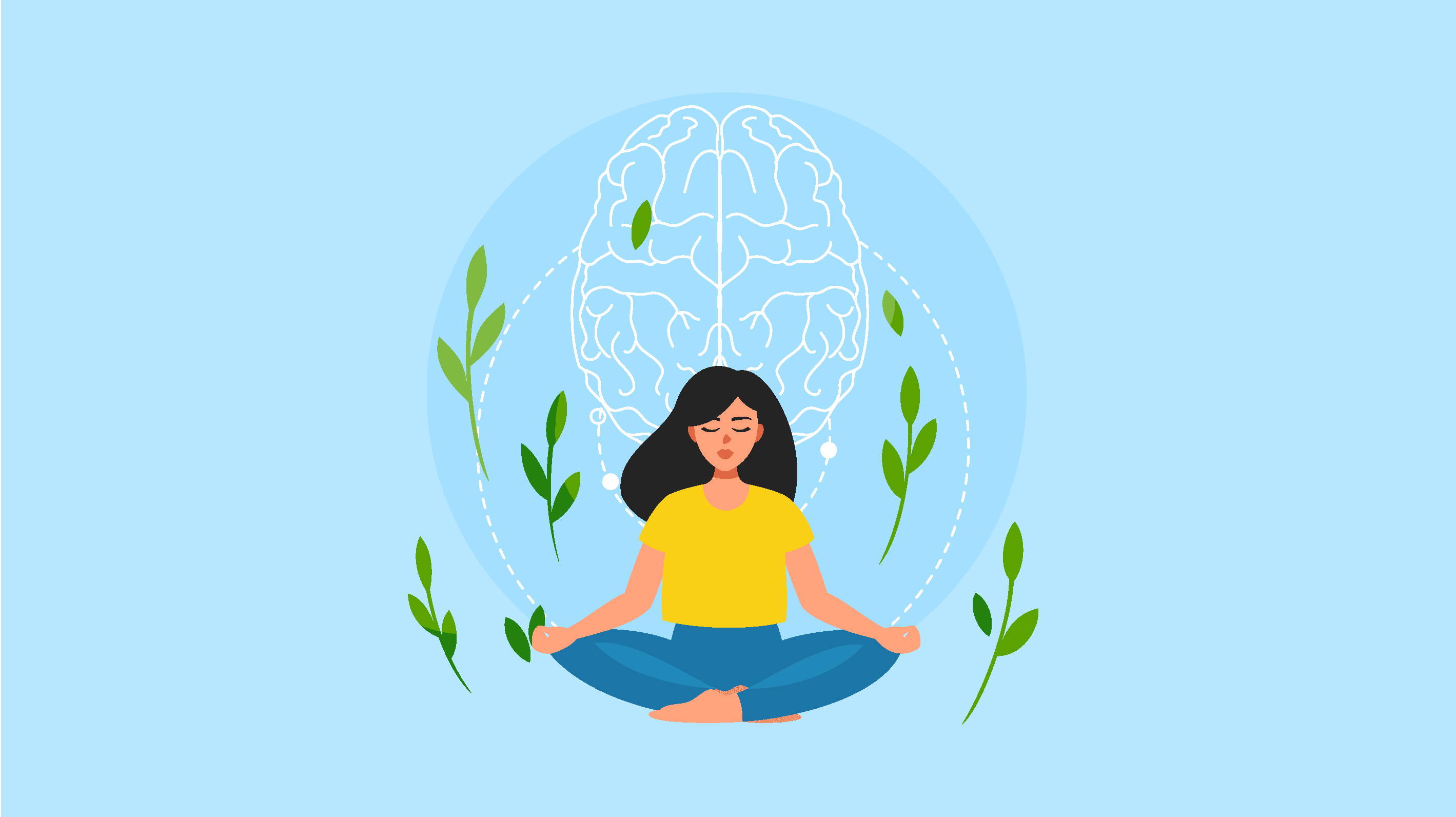Living with anxiety can feel like a constant battle and can be overwhelming. Your mind races, body tenses, and everyday situations can become overwhelming challenges. Fortunately, there are medications like Lexapro that can help manage the symptoms. Lexapro (escitalopram) is a medication commonly prescribed to manage anxiety and depression. It is a popular antidepressant that belongs to a class of drugs known as selective serotonin reuptake inhibitors (SSRIs)
But is it safe, and when is the best time to take Lexapro for anxiety?
Questions like these come naturally to people looking for the most effective relief from their anxiety symptoms. Are you also struggling with anxiety or depression, and your doctor prescribed you Lexapro? If yes, it’s vital to have complete information about this medication. This blog explains everything about Lexapro, from its uses and workings to its side effects and the best time to take it. This medication is beneficial for brain health and is used to treat different types of depression and a variety of conditions.
Let’s begin with the definition of Lexapro.
What is Lexapro?
Lexapro, also known by its generic name escitalopram, belongs to a class of medications called selective serotonin reuptake inhibitors (SSRI). SSRIs work by increasing the levels of serotonin, a neurotransmitter, in the brain. Serotonin is a neurotransmitter that plays a crucial role in mood regulation, and low serotonin levels are linked to both anxiety and depression. Lexapro helps improve mood and reduce anxiety.
Uses of Lexapro
Lexapro comes as a tablet that you swallow and is used to treat:
- Generalised Anxiety Disorder (GAD) in adults and children seven years of age and older
- Major Depressive Disorder (MDD) in adults and children 12 years of age and older
- Social anxiety disorder (SAD)
- Panic disorder
- Premenstrual dysphoric disorder (PMDD)
- Migraines
- Post-traumatic stress disorder (PTSD)
- Obsessive-compulsive disorder (OCD)
- Mood disorders
By alleviating the symptoms of these conditions, Lexapro helps individuals lead more balanced and fulfilling lives.
How Does Lexapro Work?
Lexapro functions by increasing the amount of serotonin in the brain. Serotonin is a chemical that influences mood, emotion, and sleep. Lexapro prevents serotonin reabsorption (reuptake) in the brain, making more serotonin available. This increased serotonin availability helps stabilise and regulate mood, reduce anxiety symptoms, and improve overall well-being.
What Is The Usual Lexapro Dose?
Lexapro comes in tablets (5 mg, 10 mg, and 20 mg) and liquid form (1 mg per mL). The typical starting dose for Lexapro is 10 mg once daily. Depending on the individual’s response to the medication, the dose may be increased to a maximum of 20 mg daily.
Here are the manufacturer-recommended doses for Lexapro:
MDD
- ages 12 to 18: 10 mg per day
- over age 18: 10 mg per day
GAD
- Adults only: 10 mg per day
If this is your first time suffering from depression or anxiety, Lexapro is taken for a short period, like six months to a year. However, if it’s a chronic health issue, you can take it for many years. This majorly depends on the doctor’s recommendation, as they can adjust the dosage and time according to your brain health condition.
What Are Lexapro’s Side Effects?
Like all medications, Lexapro can cause side effects. However, the side effects of a drug can depend on the following:
- Age
- other health conditions
- other medications you take
Some common side effects include:
- Nausea
- Dizziness
- Diarrhoea
- Fatigue
- Dry mouth
- Headaches
- Blurred vision
- Changes in weight and appetite
- Increased sweating
- Sexual problems
- Stomach pain
- Constipation
- Sleep disturbances
- Flu-like symptoms
These side effects usually lessen over time as your body adjusts to the medication. In rare cases, Lexapro can cause more severe side effects like serotonin syndrome, which is characterised by symptoms such as agitation, hallucinations, and rapid heart rate.
If you feel any of the below symptoms, seek immediate medical assistance:
- Difficulty breathing or swallowing
- Swelling of the face, mouth, or tongue
- Stiff muscles
- Fast heartbeat
- Seizures
- Confusion
- Suicidal thoughts or behaviours
When Should You Take Lexapro?
Here’s the critical question: morning or night?
Like most things in life, the answer isn’t one-size-fits-all. Determining the best time to take Lexapro can vary depending on individual needs and lifestyle.
Taking Lexapro in the Morning
Many people prefer taking Lexapro in the morning. As a side effect, this timing can be beneficial for those who experience insomnia or difficulty sleeping. Here are some reasons why morning might be the best time for you:
- Lexapro can boost energy levels. Taking it in the morning can help you start your day with more energy and motivation.
- If you are experiencing insomnia as a side effect, taking Lexapro in the morning will be good as it can reduce the risk of sleep disturbances.
- If your anxiety spikes in the morning, you should consider taking it in the morning to start your day calmer and more focused.
Apart from this, including Lexapro in your morning routine can make it easier to remember your medication. Taking your medication with other morning habits, like brushing your teeth or having breakfast, will help you stay consistent and healthy.
Taking Lexapro in the Evening
If you don’t like taking medication in the morning, you can try it in the evening. Sometimes, Lexapro causes fatigue and drowsiness, which can affect your work life. Also, taking it at night is beneficial for individuals not experiencing insomnia as a side effect. Here are some reasons why evening might be the best time for you:
- If Lexapro makes you feel tired or fatigued, taking it in the evening can help you sleep better and avoid daytime sleepiness.
- Nausea is one of Lexapro’s most common side effects. Taking it with dinner or a snack can help mitigate this side effect.
- If your mornings are hectic or busy with work, taking Lexapro in the evening can better fit into your schedule.
Final Thoughts
Living with anxiety can be challenging, but Lexapro can help you cope with your mental health issues. Finding the best time to take Lexapro for anxiety is a personal decision that can significantly impact its effectiveness and your overall well-being. If you want to stay calm and focused and feel more energetic, you can take Lexapro in the morning. However, if you feel drowsiness or fatigue, include the medication in your nighttime routine. Make sure to follow your doctor’s guidance and instructions carefully. Also, if you feel any severe side effects or concerns, report them immediately.








Leave a Reply
You must be logged in to post a comment.